
MANDAÏ DISTRIBUTION - independent music distributor
Copyright : 2002-2026
| SEARCH | |
| BROWSE BY | |
|
- Artists - Labels - Formats - Styles - Mid prices - Last items - LP - 10in - 7in - Mandaï Gift Vouchers |
|
| NEWSLETTER | |
|
- Subscribe |
|
| LOGIN | |
|
Sign in or Register. |
|
| CONCERTS | |
| 06/03/2026 Wild Classical Music Ensemble @ Les Ateliers Claus | |
| 07/03/2026 The Scrap Dealers @ La Zone | |
| 27/03/2026 Lean Left @ Blikfabriek | |
| 27/03/2026 Garance Midi @ Super Fourchette | |
| 28/03/2026 Mmuurr @ Rockerill | |
| 28/03/2026 Radiator Pirelmans @ Rockerill | |
| More concerts ... | |
| NEWS | |
| 19/02/2026 Dazzling Killmen euro tour announced ! | |
| 13/02/2026 Point Line Plane (Skin Graft Records / US) is back on the tracks - CD available. | |
| 12/02/2026 We're taking preoerder for Aymeric Leroy's book to be published on Cuneiform Records. | |
| 04/02/2026 New releases uploaded ! | |
| More news ... | |
| FEEDBACKS | |
|
c... (Netherlands) Thanks Olivier! I love the personal trea... |
|
|
M... (Italy) Everything arrived perfect ... see you s... |
|
|
3... (Belgium) Bonjour Olivier, J'ai bien reçu l... |
|
| More feedbacks ... | |
| DESCRIPTION | ||
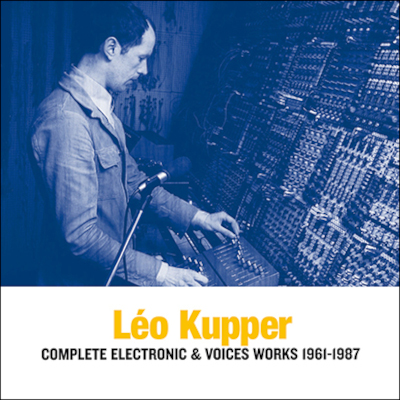 | KUPPER, LEO Complete Electronic & Voices Works 1961-1987 Label : Sub Rosa Year : 2022 Format : 3xCD Style : Experimental Availability : Out of stock | |
| Description : | The complete works of one of the pioneers of Belgian early electronics.
This 3CD set highlights Leo Kupper's earliest unique compositions produced during the 60's to 90'swhen he was ardently seeking out structures distinctly applicable to purely electronic sounds. His GAME machine - Générateur Automatique de Musique Electronique (Automatic Generator of Electronic Music) was constructed during such period and spirit of renewal and technical exploration. Leo Kupper was born in Nidrum, Hautes Fagnes (Eastern Belgium) on the 16th of April 1935. He studied musicology at the Liège Conservatory, then became the assistant of Henri Pousseur who, in 1958, had just founded the Apelac Studio in Brussels. Kupper started to work on his first pieces there, but he would finalize them only upon putting together his own studio in 1967: the Studio de Recherches et de Structurations Electroniques Auditives (which means 'studio of audio electronic research & structuring'). That is where he would compose, to this day, over forty works, most of them on instruments of his own design. In the '70s and '80s, he built a series of Sound Domes (briefly established in Rome, Linz, Venice, and Avignon), places where every sound, every phonem uttered by the listening audience was transformed by hundreds of loudspeakers of various sizes organized in a dome shape. This device transformed sounds through space AND time: something said could be morphed into another sound hours, days, perhaps years later. Leo had envisioned that a device like his, a place for contemplation, would be much-needed in cities where Nature had been evacuated. In the late '70s, after discovering Iranian music master Hussein Malek, Kupper became one of the very few Western virtuosos of the santur. His first pieces were released by Deutsche Grammophon and, later, Igloo. His latest works have been released by the New York-based label Pogus. The GAME machine: In 1961, having terminated his musicology studies, Leo Kupper left Liège for Brussels. By that time, centres for music research such as those in Cologne, Paris and Milan had already produced works of experimental music, where pioneers were forging new and diverse routes in electronic music, 'musique concrète' and electro-vocal music. The GAME machine - Générateur Automatique de Musique Electronique (Automatic Generator of Electronic Music) was constructed during such period and spirit of renewal and technical exploration. The GAME consisted of a collection of variable 'sonic cells' sensitive to modulations of positive and negative voltages and programmable manually through the aid of colour-coded cables. Complex electronic loops and sound from loudspeakers and from microphone pick-ups were then either recorded by tape-machines or performed and interpreted by musicians who opened automatic channels, thus triggering automatic sound to exit the speakers. This in turn penetrated the machines by means of microphones and was replayed. Here then was an entirely new way of playing a musical instrument and how the works here were composed and performed. | |
| Titles : | 01. Innomine [3 parts] 1966-74 / 25'55 02. Automatismes sonores 1961-71 / 26'19 03. Electro-poème 1963-64 / 6'04 04. L'enclume des forces 1967-71 / 13'14 05. Kouros et Korê 1979 / 19'28 06. Amkea 1983-85 / 25'00 07. Litanea 1987 / 18'07 08. Aerosons 1982 / 15'00 09. Inflexions voclaes 1982 / 21'35 10. Le rêveur au sourire passager 1977 / 24'08 11. Epilogue / Lumière sans ombre 1987 / 16'20 | |
| FROM THE SAME ARTIST | |||
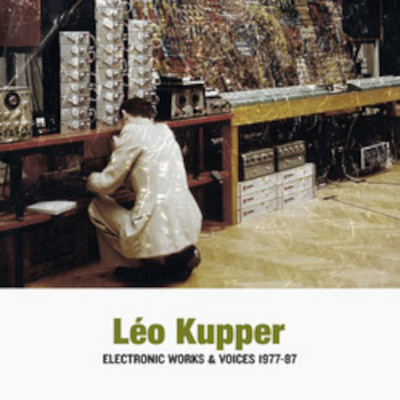
|
KUPPER, LEO - Electronic Works & Voices 1977-1987
Label : Sub Rosa Format : 2xLP - Price : 24.80 € | ||
| BEST SELLING | |||
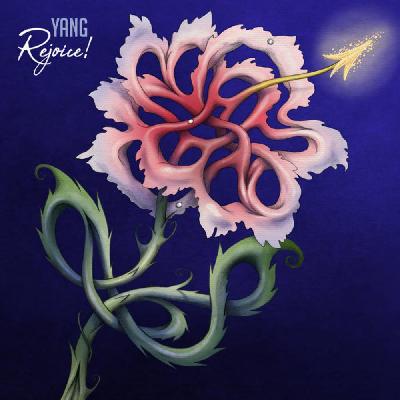
YANG Rejoice ! (CD) - 14.70 € Cuneiform Records |
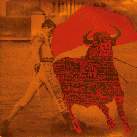
U.S. MAPLE Long Hair In Three Stages (LP) - 29.40 € Skin Graft Records |
||
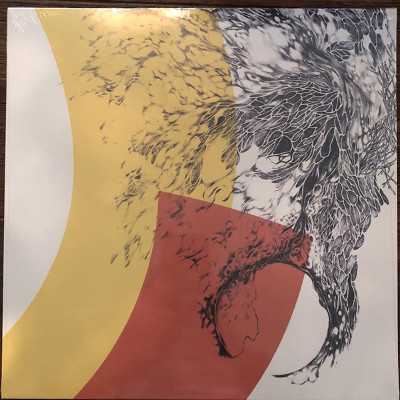
V/A MoE / The Observatory : Shadows (LP) - 15.50 € Conrad Sounds / Wallace Records |

U.S. MAPLE Long Hair In Three Stages (CD) - 14.40 € Skin Graft Records |
||
| NEW RELEASES | |||
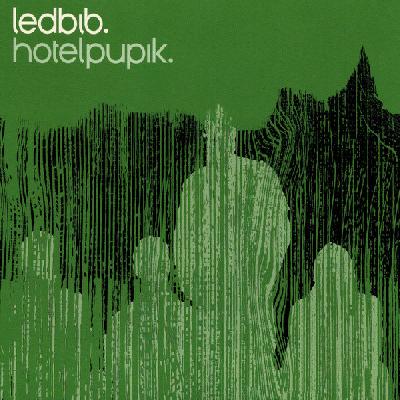
LED BIB Hotel Pupik (LP) - 25.50 € Cuneiform Records |
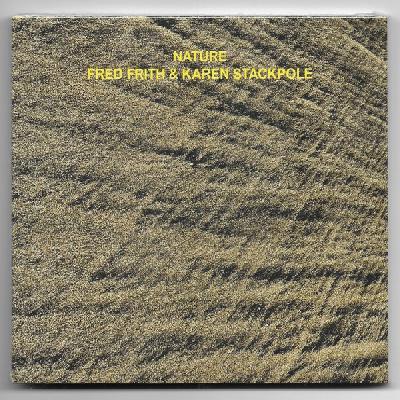
V/A Fred Frith + Karen Stackpole : Nature (CD) - 14.90 € Sub Rosa |
||
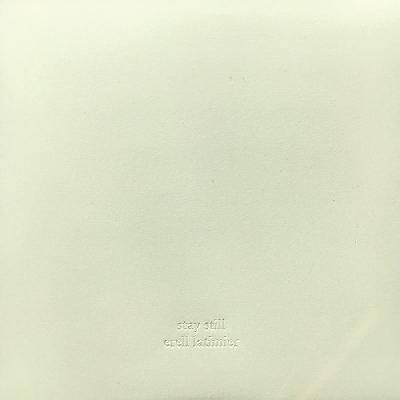
LATIMIER, ERELL Stay Still (LP) - 31.00 € Kythibong Records |
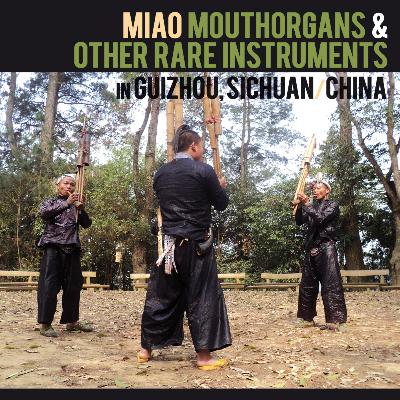
V/A Miao Mouthorgans & other rare instruments : in Guizhou, Sichuan, China (LP) - 17.60 € Sub Rosa |
||
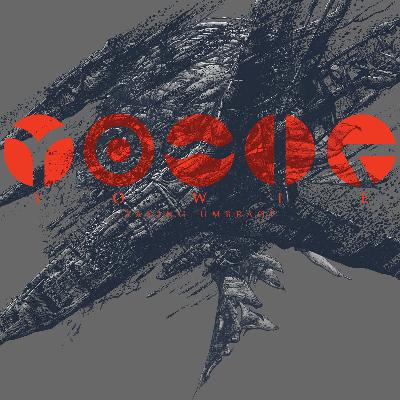
YOWIE Taking Umbrage (LP) - 29.90 € Skin Graft Records |
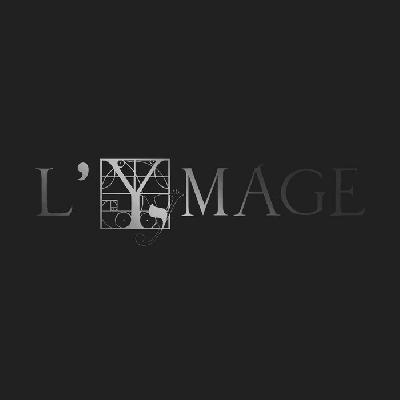
DE MACHAULT, GUILLAUME (BY MICHAEL|LE GREBIL LIBERG) L'Ymage (2xLP) - 38.20 € Sub Rosa |
||
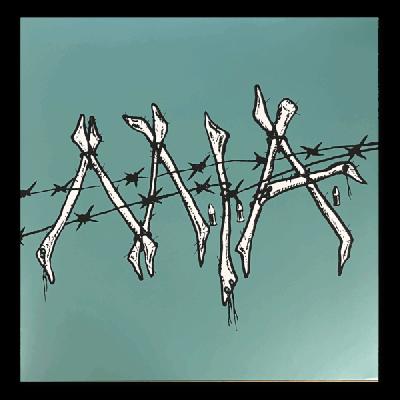
M.I.A. We Must Fight! (LP) - 23.10 € Modern City Records |
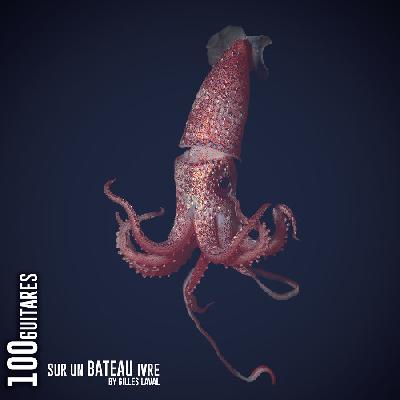
LAVAL, GILLES 100 Guitars on a Drunken Boat (CD) - 14.70 € Cuneiform Records |
||
| -MORE NEW RELEASE- | |||